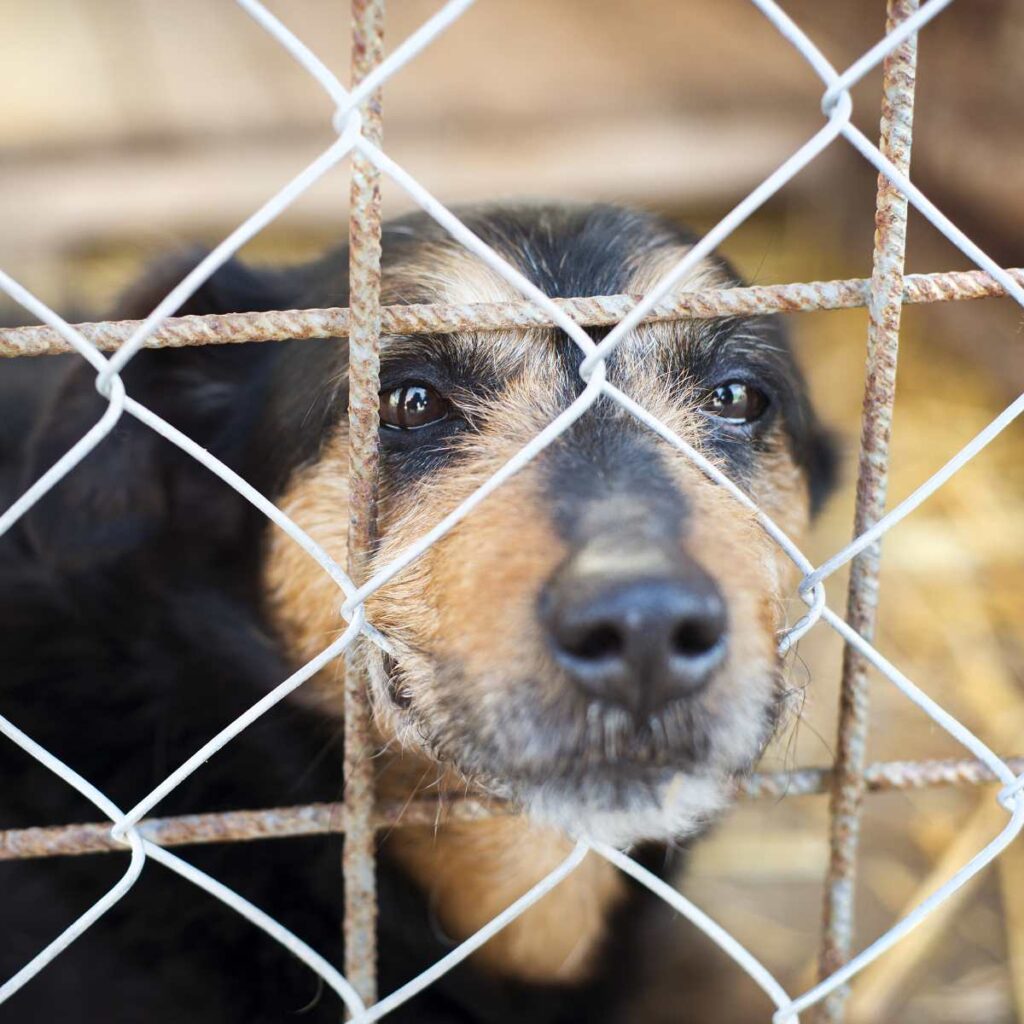Spaying and neutering is one of the most important things that we can do to save cats and dogs from all of the suffering and death that their overpopulation causes.

Pet lovers learning about spaying and neutering will likely have certain questions related to spaying and neutering. The Popular Pets recognizes that this is an important decision and any pet lover considering surgery needs to understand all of the issues with spaying and neutering your pets.
Spaying and Neutering Facts
According to PETA, every year, 3 to 4 million animals are killed in U.S. animal shelters, most simply because of a lack of good homes. Bringing more animals into a world that is already short of homes means that animals in animal shelters will die.
What is the difference between Spaying and Neutering?
Spaying a dog or cat refers to the removal of a female dog’s reproductive organs, while neutering refers to the procedure that’s done for males. A spayed female renders a female dog no longer able to reproduce and eliminates her heat cycle.
When neutering a dog, both testicles and their associated structures are removed. This procedure is also known as castration. Neutering renders a male dog unable to reproduce, but any behavior related to breeding instincts, usually ceases.
The Importance of Spaying and Neutering Pets
Spaying and neutering makes a big difference, according to PETA: Just one unaltered female dog and her offspring can produce 67,000 puppies in only six years. In seven years, one female cat and her offspring can produce an incredible 370,000 kittens!

The Benefits of Spaying Female Cats and Dogs
There are several benefits of spaying female cats and dogs. Spaying Females may cause them to live happier and healthier lives: For instance, spaying eliminates the stress and discomfort that females endure during heat periods, eliminates the risk of uterine cancer, and greatly reduces the risk of mammary cancer.
The Benefits of Neutering Male Cats and Dogs
There are several benefits of neutering male cats and dogs. Neutering males may cause them to live happier and healthier lives: For instance, neutering makes males far less likely to roam or fight, prevents testicular cancer, and reduces the risk of prostate cancer.
Communities Benefit from You Spaying and Neutering Your Pets
Communities spend a lot of tax dollars managing the overpopulation of un-spayed and un-neutered pets. The one-time cost of spaying or neutering is far lower than the expense involved in rounding up strays, feeding and housing abandoned animals, and euthanizing those for whom homes can’t be found.

Spaying and Neutering and Pet Personality Changes
Spaying and neutering your pet will not cause their personalities to suffer a negative change. Spaying and neutering will only reduce or eliminate the behaviors that you don’t want, such as aggression and urine marking.
Neutered males are less likely to roam, fight, or mark their territory with urine, and spayed females experience less hormone-related moodiness. Both males and females may be more likely to bond with your family.

Is it Safe to Spay and Neuter My Pet?
You may be asking if it is safe to spay and neuter your pet. Spaying and Neutering pets is very safe and your pet will experience little discomfort. Spay and neuter surgeries are the most commonly performed animal surgeries.
Most animals experience relatively little discomfort (anesthesia is used during surgery, and pain medication is generally given afterward) and are back to their normal activities within a day or two.
Pet Spay and Neuter Laws
Certain communities have either mandated spaying and neutering, instituted differential licensing, or placed restrictions on breeding. A complete list of spay and neuter laws can be found here. Certain states require mandatory spaying or neutering of all animals adopted from animal shelters, the list can be found here.
Where Can I Spay and Neuter my Pet?
You may be asking where you can spay and neuter a pet. There are several low cost spay and neuter clinics in many communities. If you are wondering where to spay and neuter your pet start with your local services and try your vet and and any local rescue organizations which typically have a companion spay and neuter clinic. We have put together a comprehensive list of low cost spay and neuter clinics that you can find out more about the cost to spay or neuter your pet.

Will My Pet Suffer any Discomfort from Spaying and Neutering?
You can discuss your pets needs with your Veterinarian but in general a spay or neuter procedure is very simple and does not warrant the need for an extended recovery time. Pets can go home right after the surgery and may need to be kept comfortable and quiet for a few days.
When we spay and neuter our pets we use Relieve-Plus hemp CBD spray after consulting with our vet. It seemed to make our pets more comfortable and recover faster. Relieve Plus is available for both cats and dogs and includes inflammation fighting botanicals, CBD from hemp and terpenes to support your pet.
Celebrate Spay and Neuter month with us by donating to your local rescue organization and low cost spay and neuter clinic and share all of the benefits of spaying and neutering your pet like the facts in this article on social media to raise awareness for this important issue use hashtag #spayneuterawarenessmonth
See our entire list of low cost spay and neuter clinics.
Spay and Neutering FAQs
Spayed is for female cats and dogs while neutering is for male cats and dogs.
The recommended age for neutering a dog or cat is six to nine months to avoid complications. However, vets indicate that puppies as young as eight weeks can be neutered as long as there aren’t other health problems. An adult dog can be neutered at any time but there is a larger risk of complications as pets age and enter their senior years with other health issues that may be arising.
A spay and neuter is performed on a male and female dog respectively. The typical “spay” requires the removal of the ovaries, fallopian tubes and uterus from a female dog or cat so that she is unable to reproduce puppies while the typical “neuter”: the testes are removed from a male dog or cat so that they cannot impregnate a female.

